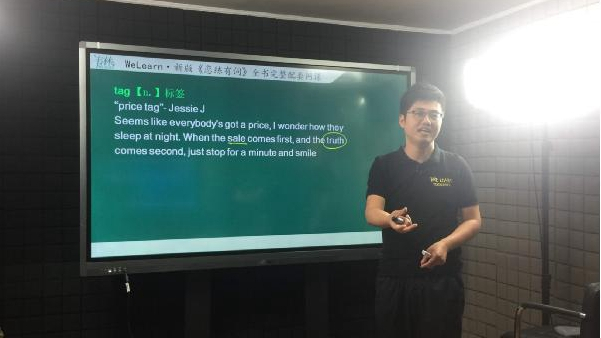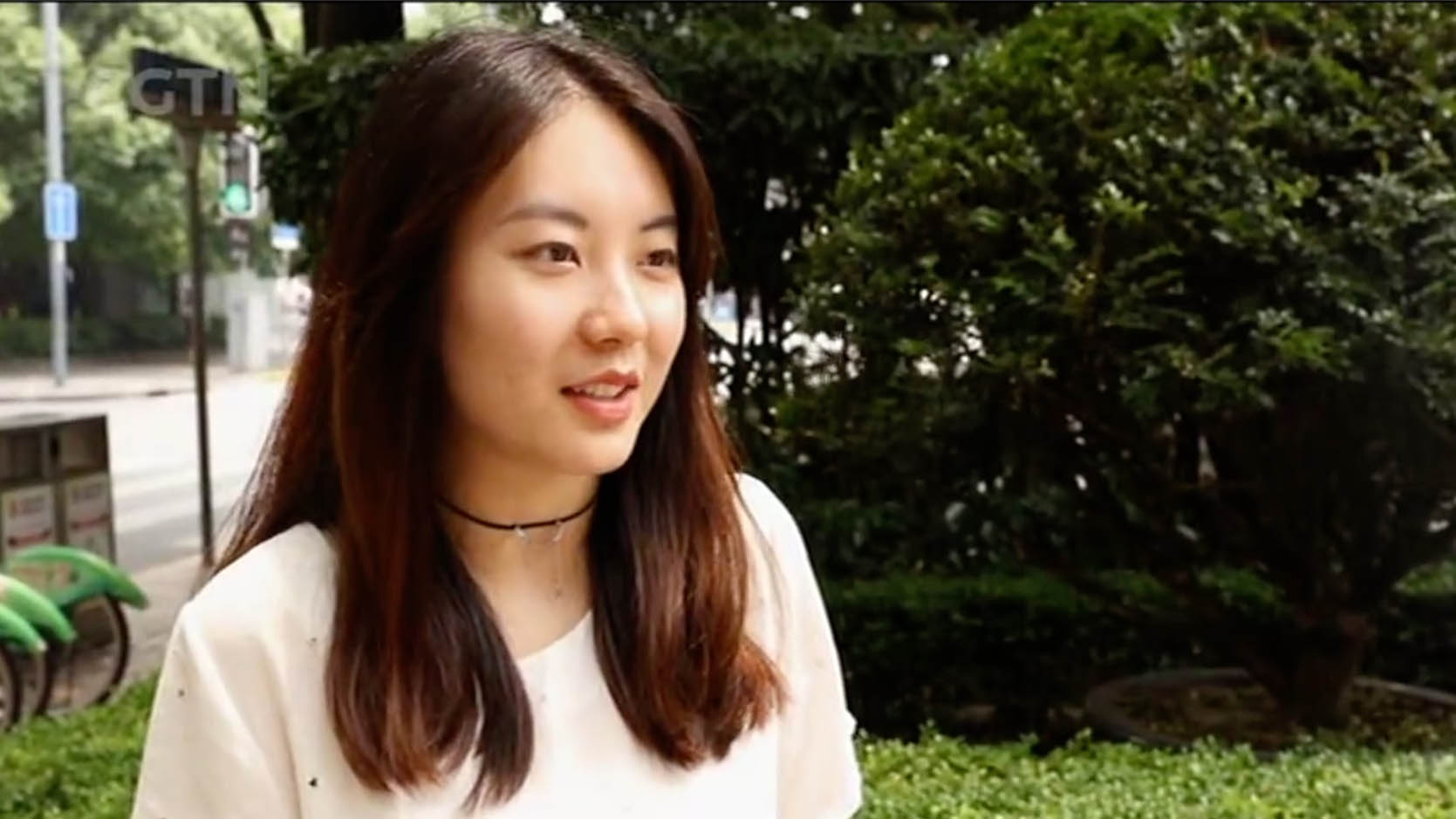
Education
16:27, 22-Mar-2019
Online teaching: A threat to the classroom?
By Laura Schmitt

The online teaching market is booming in China. Estimated to have surpassed 40 billion U.S. dollars in value in 2018, it has been shaking up the entire education sector. But is this new approach going to replace traditional classroom teaching?
In China, where there are extreme variations in the quality of teaching and access to education between the highly developed areas in the east, and the rural southern and western regions, online teaching can help create an even playing field.
For the teachers, the online classroom can be an attractive option, promising much greater financial rewards than face-to-face teaching. Zhu Wei, founder of WeLearn, an online learning platform, is living proof that there is big money in online teaching.
"It's true, the salary is higher here," he said. "Two to three times at least than the previous salary. I think it's very common in China, we think a teacher should dedicate himself to this kind of business. But in the past few years in China, teachers always don't get good pay. As online education becomes popular, the teachers on the Internet actually are becoming richer, much than before."
Zhu's argument makes sense, considering online teachers get paid per student. And student numbers are rapidly on the rise. In 2017, the figure increased by 18 percent to over 12 million and is expected to have grown by a further 2 million in 2018.
Online class content for the moment is still focused on additional tutoring, or specific classes such as English or for postgraduate exam, rather than covering entire curricula.
Zhu Wei argues that because of the way online teaching is set up, the classes, designed for postgraduate exam for example, need to be both entertaining and able to ensure the students pass the exam.
"I think that's a good thing," he said. "It may give teachers a reason to… become better. We all see online education as the future, as the blueprint."
01:01

However, headmaster Shi Wenzhong of Zhengzhou's 31st Middle School in central Henan Province believes that the online teaching model could never take over completely for many reasons, with the lack of social interaction a classroom offers as the key one.
"Everyone was a teenager once. What they really need is good classmates," he said. "The UNESCO calls this social adaptability. The three factors for health (are) physiological and psychological wellbeing and social adaptability."
Shi sees online education as following the current trend to meet market demand. In response, traditional education needs to be innovative, he said, “In line with the requirements of the times, and the requirements of educational psychology.”
On one point, headmaster Shi and Zhu Wei agree; teaching is not just about instilling knowledge, but also about instilling values. The audience of some of Zhu Wei's live-stream lectures can surpass 200,000. Those are a lot of lives that his message can influence, and a lot of character he has the power to shape – to an extent.
"Maybe I can't teach them everything," Zhu said. "But I can teach them how to become strong… how to make your life interesting. That's very important in our class."

SITEMAP
Copyright © 2018 CGTN. Beijing ICP prepared NO.16065310-3
Copyright © 2018 CGTN. Beijing ICP prepared NO.16065310-3